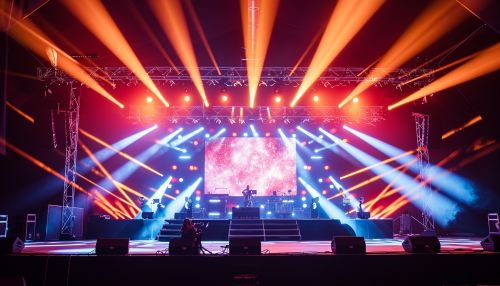Junior Eurovision Song Contest
Overview
The Junior Eurovision Song Contest (JESC) is an international song competition organized by the European Broadcasting Union (EBU), which is held annually for singers aged between 9 and 14. The competition is a spin-off of the Eurovision Song Contest, specifically designed to encourage young talent in the field of music.
History
The Junior Eurovision Song Contest was first held in 2003, in Copenhagen, Denmark. The idea for a junior version of the Eurovision Song Contest was proposed by Danish broadcaster Danmarks Radio (DR), and was subsequently approved by the EBU. The contest has been held annually since then, with the exception of 2020 due to the COVID-19 pandemic.
Format
The format of the Junior Eurovision Song Contest is similar to that of the Eurovision Song Contest. Each participating country selects a singer and a song through a national selection process. The selected songs are then performed live at the contest, and are judged by a combination of professional juries and public voting. The country that receives the highest total number of points is declared the winner.
Participation
Participation in the Junior Eurovision Song Contest is open to all active members of the EBU. Over the years, the contest has seen participation from a diverse range of countries, including both European and non-European nations. The number of participating countries has varied from year to year, with a record 20 countries participating in the 2018 edition of the contest.
Winners
The winner of the Junior Eurovision Song Contest is determined by a combination of jury voting and public voting. The winning country is awarded a trophy and the right to host the following year's contest, although this is not mandatory. Over the years, several countries have achieved multiple victories at the contest, including Belarus, Georgia, and the Netherlands.
Impact
The Junior Eurovision Song Contest has played a significant role in promoting young talent in the field of music. Many participants have gone on to have successful careers in music, both in their home countries and internationally. The contest has also served as a platform for promoting cultural exchange and mutual understanding among participating countries.


